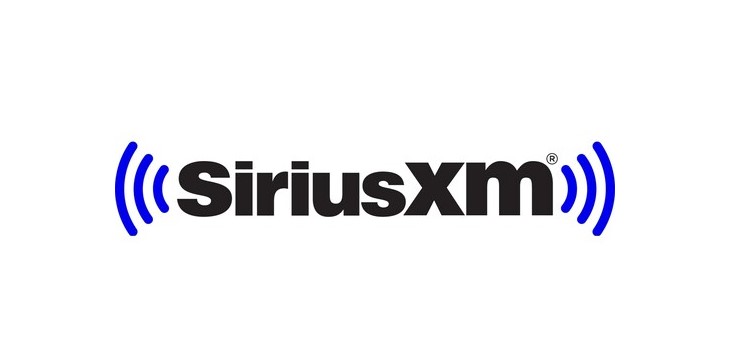
By Ahmad Hathout
A non-profit group representing the rights of performers and makers of sound recordings is asking for a judicial review of a decision by the Copyright Board that declined enforcing royalties during streaming services’ free trial periods.
Canada’s satellite radio provider SiriusXM and U.S. music streaming service Pandora argued before the Copyright Board’s tariff-setting hearing that free trials of no more than 31 days in a single year should not be subject to royalties in part because these trials increase the number of subscribers, translating to more long-run plays and royalties – a mutually beneficial proposition.
Re:Sound countered that, in reality, free trials are in effect a zero-sum game because the trials are intended to lure subscribers away from competing services. It also argued that the economic expert evidence presented by Pandora in support of its position was speculative and untested.
In that part of its December 1 decision – which included a higher tariff in part due to inflation but not as much as Re:Sound wanted partly because of said issue – the board decided that there is a mutual benefit to having free trials that would boost listenership in the long-term.
“Also, free trials are limited in time and, as such, they cannot be a substitute for a paid subscription model,” the board added. “We can reasonably assume that the impact on the rights holder’s market is therefore negligible compared to the potential benefits.”
But in an application filed to the Federal Court of Appeal earlier this month, Re:Sound said the decision is “incorrect, unreasonable, and not plausible,” citing section 19 of the Copyright Act.
Under that section, the law basically states that if a sound recording is played, the performer and maker are entitled to be paid. In other words, there is no carve out exception for free trials.
“The Board’s interpretation of the legislation is that a user can ‘pay’ nothing,” the judicial application review says. “That interpretation defeats the very purpose of the legislation and is directly countermanded by the international instruments that underlie it,” it added, citing the Rome Convention and the WIPO Performances and Phonograms Treaty.
“The Board is not a legislative body,” the application continues. “It does not have the jurisdiction to override the Copyright Act, Rome Convention or the WPPT as the Decision purports to do in the case of free trials.”



